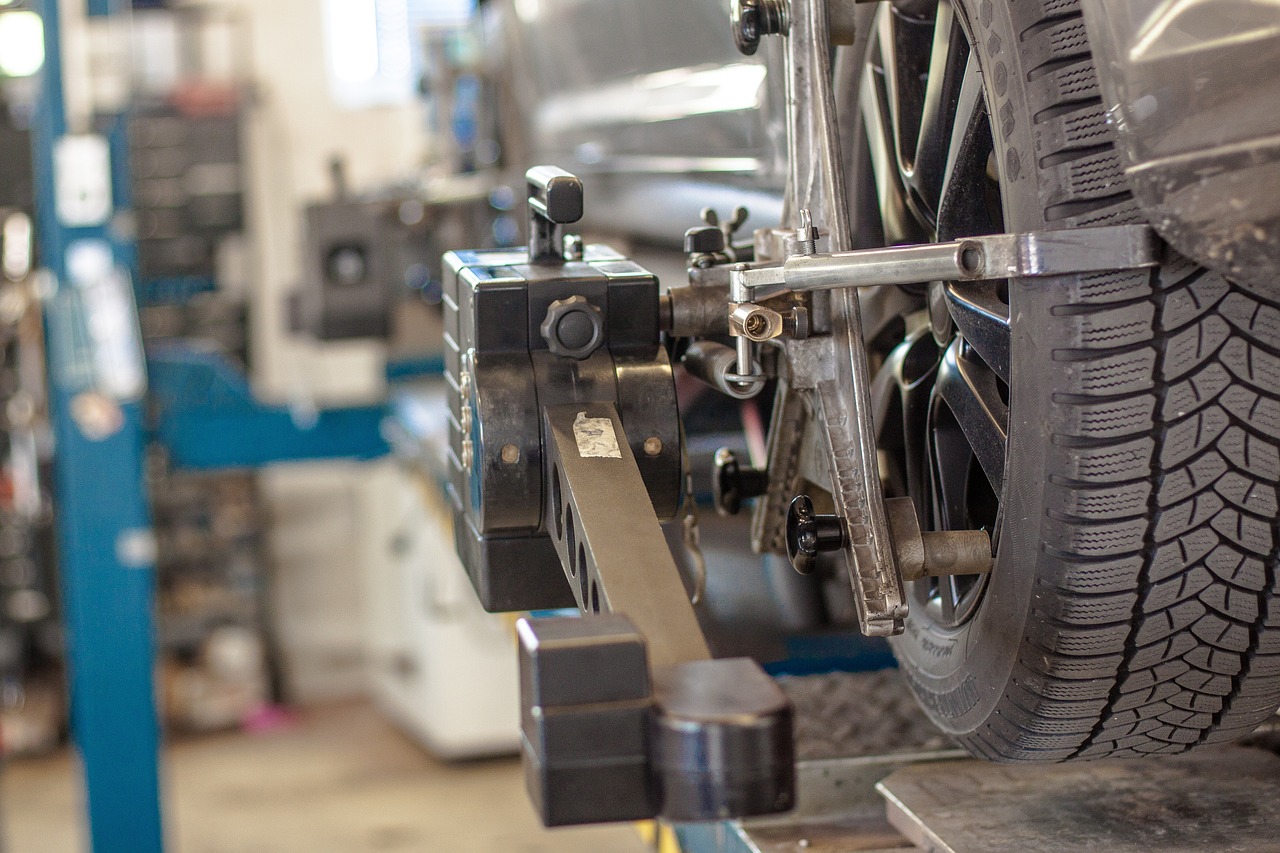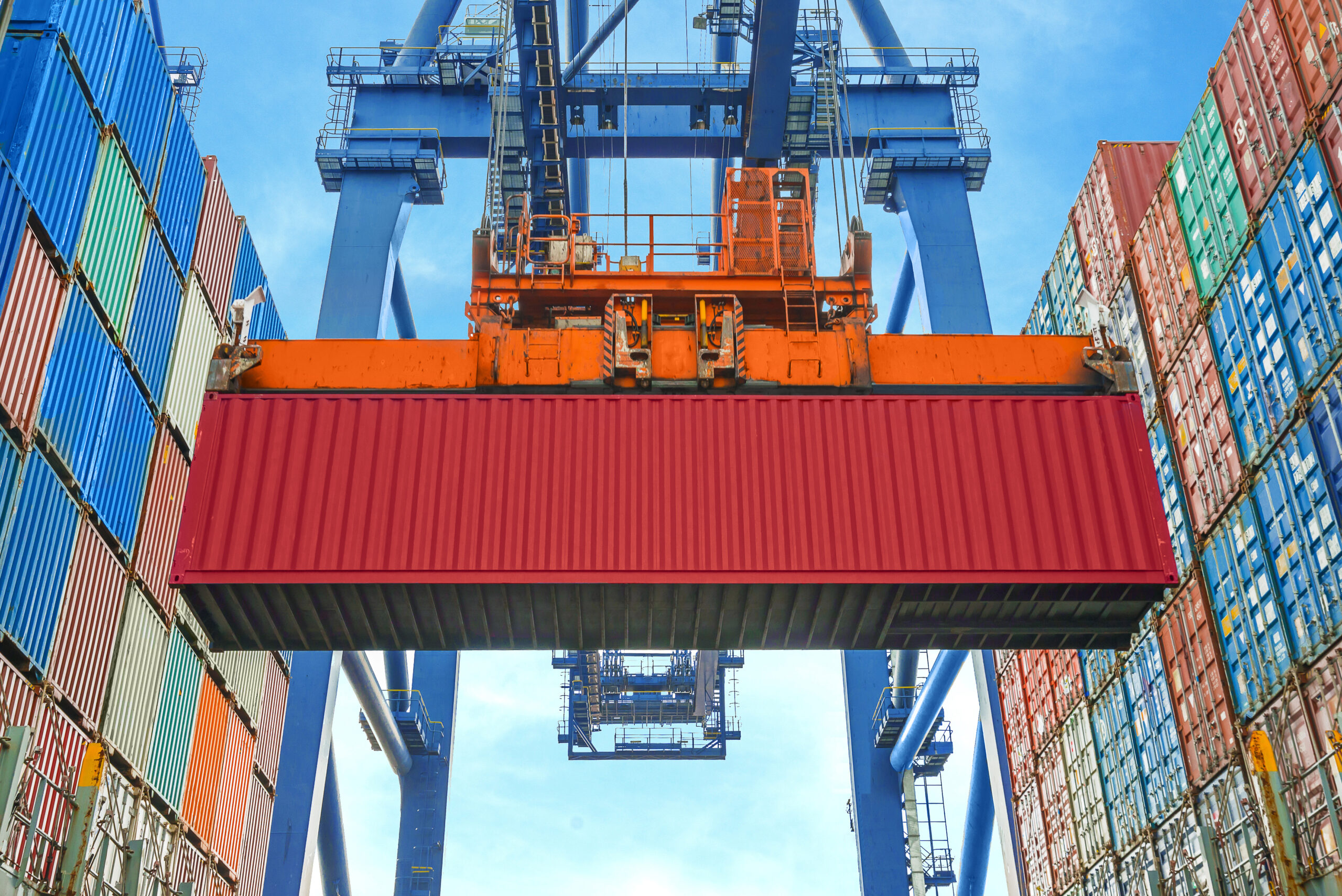View original article on Khaleej Times
by Joydeep Sengupta
Tradewind Finance, which set up its base in Dubai in May 2015, is concentrating on developing customised finance solutions for small and medium enterprises (SMEs) in the Middle East and North Africa (MENA) region.
The start-up holds a Category-2 licence from the Dubai Financial Services Authority (DFSA) that allows it to extend credit and provide advice on financial solutions.
Peter Maerevoet, who is based in Dubai, is the global chief financial officer (CFO) and the regional chief executive officer (CEO) for Asia at Tradewind Finance — an international factoring and supply chain finance company that has offices in 20 countries.
Earlier, Maerevoet had worked for Procter & Gamble in Belgium and the Netherlands where he held various finance functions and joined Tradewind Finance in 2016.
He weighed in on the finance industry’s outlook.
“The finance industry by and large is very competitive. There are a number of industry players offering similar services in each segment. While Tradewind Finance is up against regional and international market competition when it comes to delivering factoring services, we distinguish ourselves from other similar industry players by offering factoring services for both domestic and foreign enterprises, as opposed to other businesses that only offer this service for domestic operations. Our added advantages of cross-border finance, collections, and credit protection offer clients a complete package for their demands in international trade,” he said.
The start-up provides trade finance, which includes products like supply chain financing and export factoring. It also provides credit protection and services for collections that help firms to engage in international trade.
Tradewind Finance began operations in Germany in 2000, where it also has its headquarters.
Maerevoet explained how the start-up helps SMEs in the region. “Since banks provide 5 per cent of the credit to SMEs, Tradewind Finance, an alternative non-banking financing source, fills the lack of funding gap in the region. Usually, banks enforce strict requirements such as heavy collaterals and extremely time-consuming documents that prospects must meet to be eligible for a timely loan.
For SMEs, Tradewind relieves this pressure. It evaluates the buyer’s creditworthiness, which is advantageous for SMEs with insufficient financials and few assets. SMEs make up 95 per cent of all businesses in the UAE, according to recent research published by an agency of the Department of Economic Development, which is under the Dubai Government. As a result, SMEs employ 42 per cent of the workforce and are essential to Dubai’s economy.
However, a Peal Initiative survey revealed that 39 per cent of SMEs listed lack of finance as one of their top concerns. SMEs are frequently seen by banks as somewhat risky when it comes to lending because they cannot offer any useful collateral or a strong financial company history,” Maerevoet said.
He cited that Tradewind Finance presents a workable solution that will help resolve this issue without making a dent.
Trade finance is a set of financial instruments used to improve cash flow for sellers and buyers who do business internationally under various payment conditions.
One of the goals of trade finance is to ensure smooth trade for the sellers and buyers involved. Trade finance is not a loan – it is based on a company’s receivables and payables in many cases. This means that a company does not have to pay back the lender as in the case of a loan. Firms that offer trade finance serve as the intermediary between buyer and seller. In one trade finance scenario, the trade finance firm purchases a company’s receivables and advances them the majority of the invoice amount.
Maerevoet said, “We advance up to 95 per cent of the invoice amount. At a later date, we collect payment from the buyer and extend the remaining balance to the client.”
The UAE boasts one of the most diverse and thriving economies in the world, and during the past few years, it has risen to the top of several lists of global economies. SMEs are the backbone of many economies, including Dubai and the UAE. By employing a large percentage of people — around 42 per cent in Dubai — SMEs improve people’s financial conditions.
Tradewind Finance helps businesses focus on and invest in research and development (R&D), grow their operations, develop new goods, and other activities because of the improved cash flow.
The start-up offers timely guidance on navigating the world’s choppy financial waters. Tradewind’s cross-border financing packages and international capabilities equip businesses for entering new markets and make these ventures more secure through things like credit protection, overseas collections services, and on-the-ground support from our local teams around the world.
Flexibility is at the core of Tradewind’s services, according to Maerevoet. For instance, when deciding to fund a business, Tradewind looks at the creditworthiness of their buyers who may have stronger financials.
Tangible gains
Tradewind accelerates cash flow and maximises growth by offering flexible payment terms. By financing their accounts receivable with the added security that comes with international trade credit insurance, Tradewind also delivers significant credit protection to SMEs.
Non-banking trade finance trends
One of the most prevalent non-banking finance trends is lenders’ digitising their businesses. Today, there is a greater focus on transparency and traceability. Lenders are upgrading their software so customers can track the flow of their money in real time.
Companies can trade with confidence by having fast access to information on payment transfers. Companies are able to safely decide on purchases and orders by utilising the information that is easily accessible to them.
According to recent data, the Middle East received more than $1 (Dh3.67) billion in investments in 2020 alone, with 35 per cent of those start-ups having their headquarters in the UAE.
Data shows that it’s vital for SMEs to have a strong financial plan in place that enables them to concentrate on growth and development rather than worrying about money.


